As a homeowner, you have the power to reduce your energy bills and make a positive impact on the environment. Upgrading your home can be daunting, but there are affordable ways to improve energy efficiency. Upgrading your lighting, sealing your home, and using energy-efficient appliances are just a few examples. With these tips, you can increase your home's comfort and save money. This article will explore practical and affordable ways to save energy and money in your home.
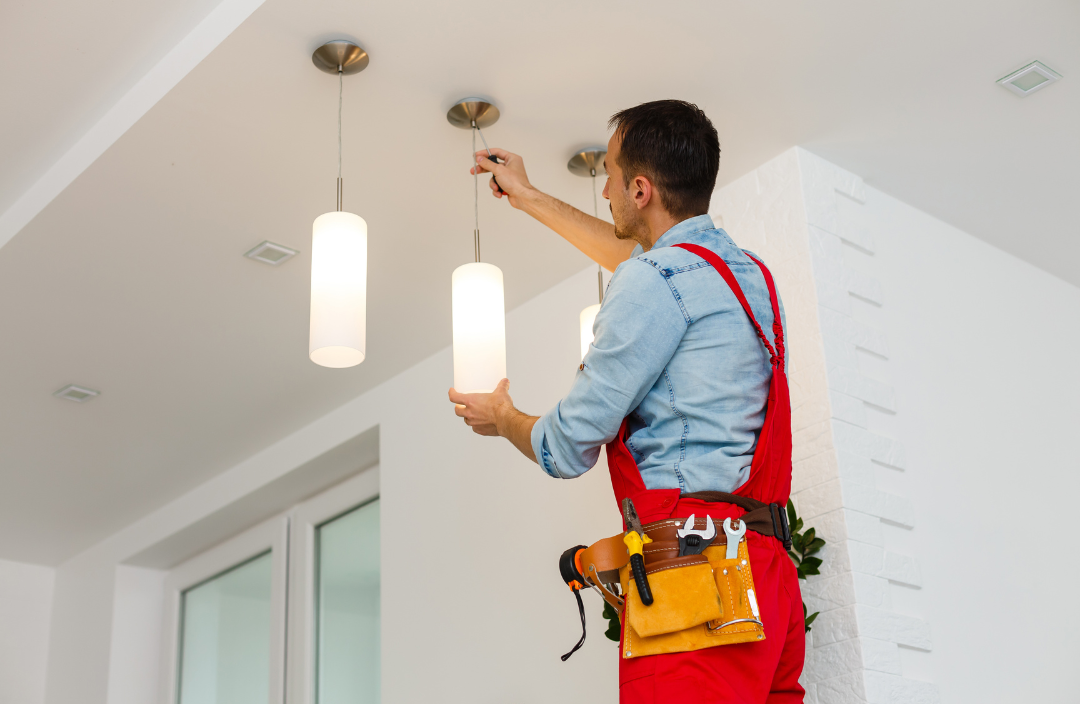
Upgrade Your Lighting
Lighting accounts for around 10% of your home's energy bills, so upgrading your light bulbs can be a great way to save money. LED bulbs are the most energy-efficient option, using around 75% less energy than incandescent bulbs. While LED bulbs may be more expensive upfront, they last up to 25 times longer and can save you hundreds of dollars over their lifespan.
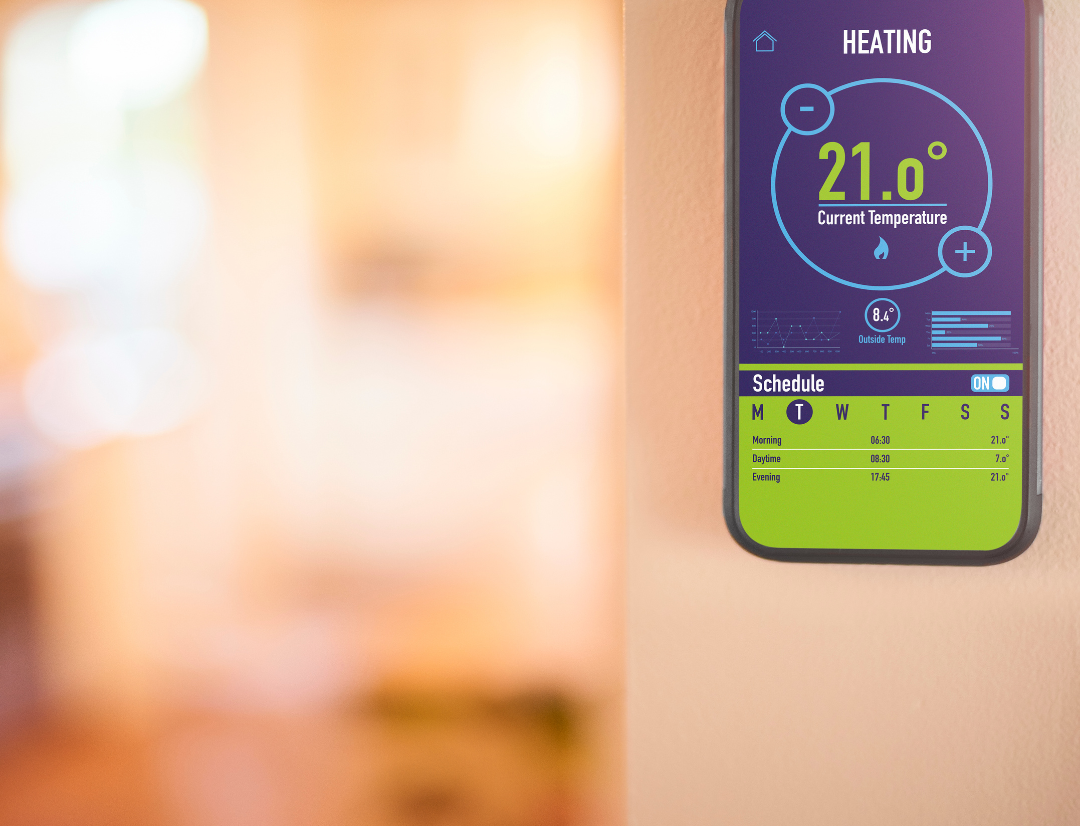
Seal Your Home
Air leaks in your home can skyrocket your energy bills. Sealing your home can prevent drafts and keep it comfortable all year round. Some simple ways to seal your home include weatherstripping doors and windows, caulking gaps and cracks, and adding insulation to your attic and walls.
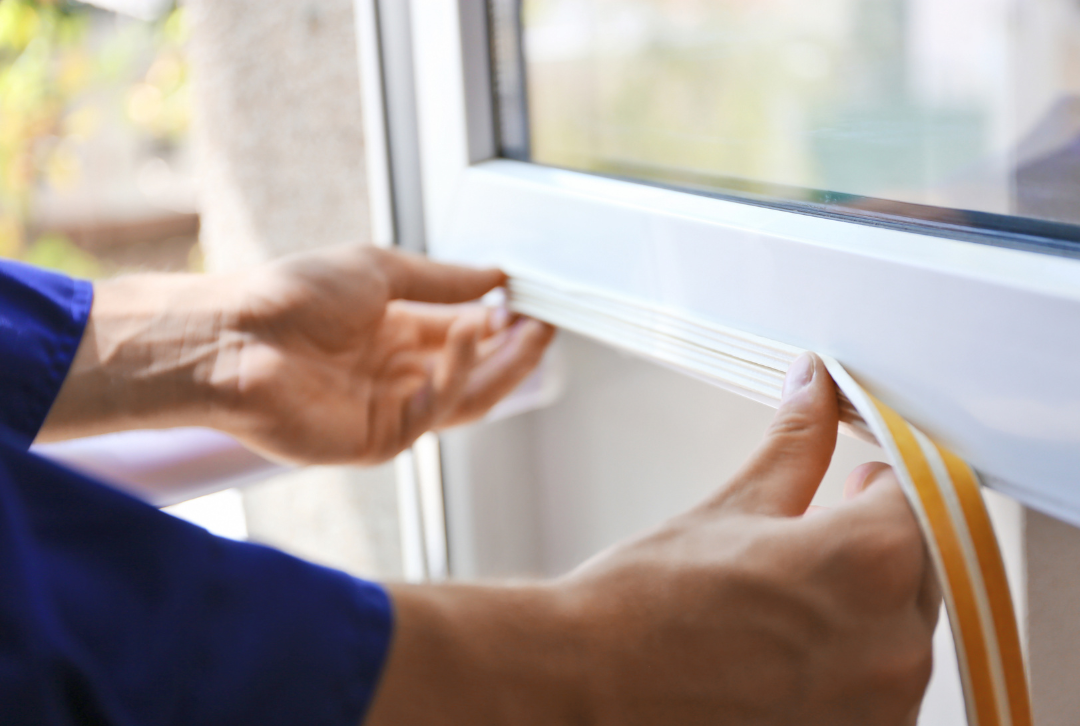
Install a Programmable Thermostat
A programmable thermostat is an excellent investment for any homeowner looking to save money on their energy bills. These devices enable you to set different temperatures for different times of the day, which can help reduce energy consumption when you are not at home or sleeping. Some models also have features like remote control and smartphone integration, making managing your home's temperature even more manageable.
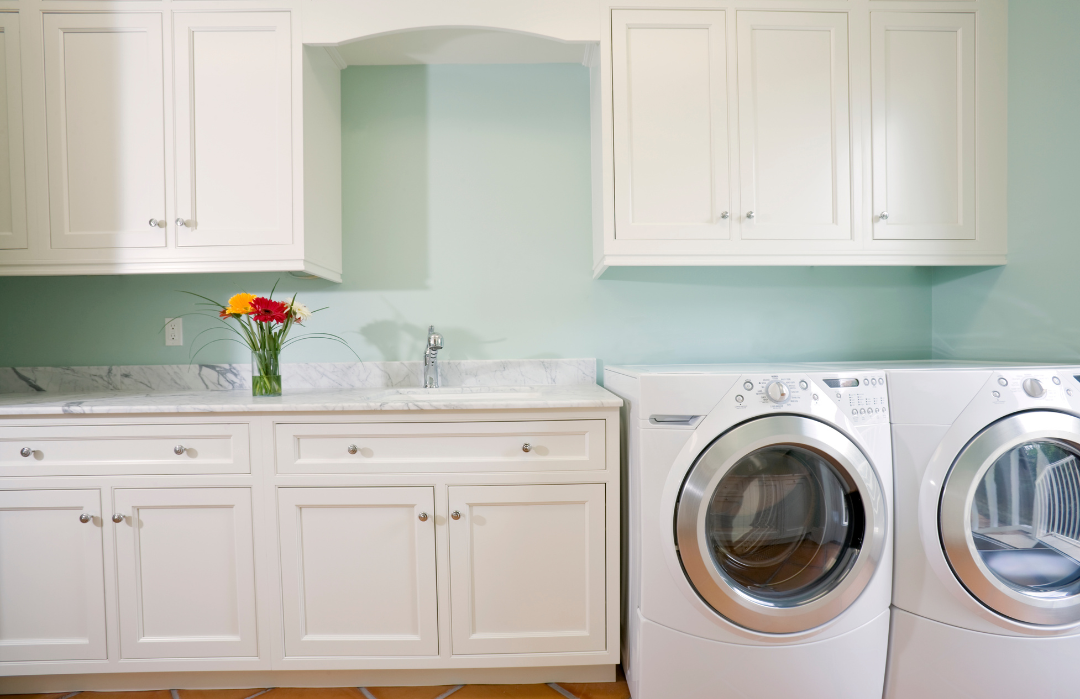
Use Energy-Efficient Appliances
Replacing your old appliances with energy-efficient models can be a wise long-term investment. When shopping for appliances, look for the ENERGY STAR label. This indicates that they meet the US Environmental Protection Agency's strict energy efficiency guidelines. ENERGY STAR appliances use up to 50% less energy than standard models, making them an excellent choice for anyone trying to save money on their energy bills.
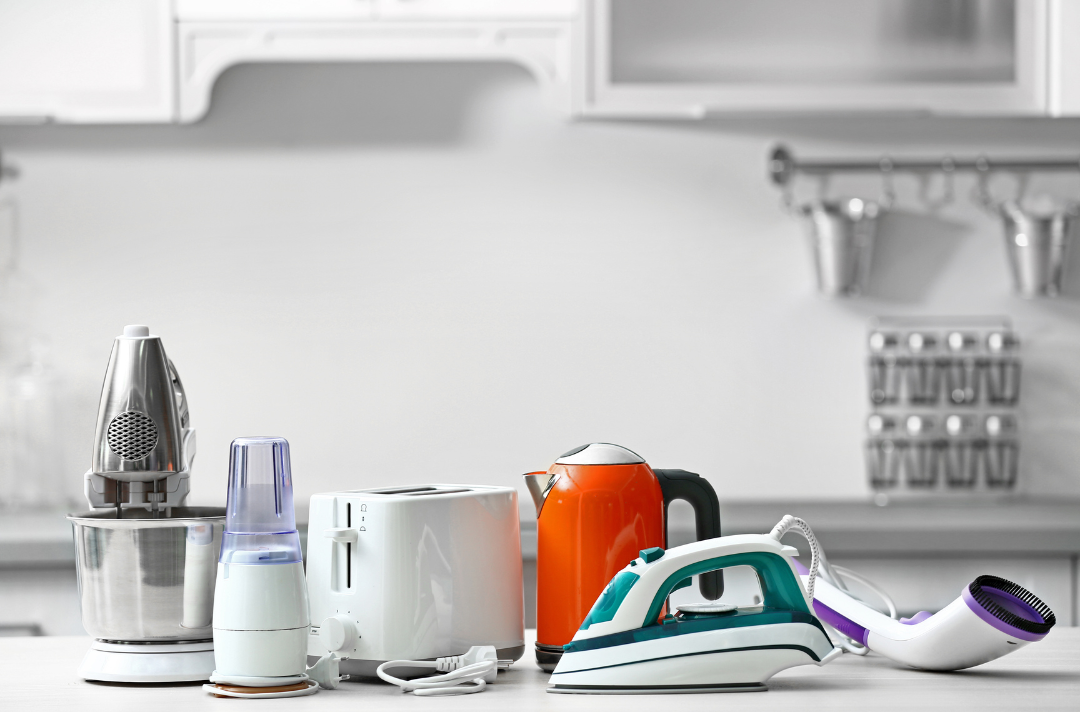
Unplug Electronics When Not in Use
Many electronics use energy even when not in use, which can add up over time. Unplugging your electronics when not using them can save money and reduce your home's energy consumption. Some electronics, like computers and televisions, also have "energy-saving" settings that can help reduce their energy usage.
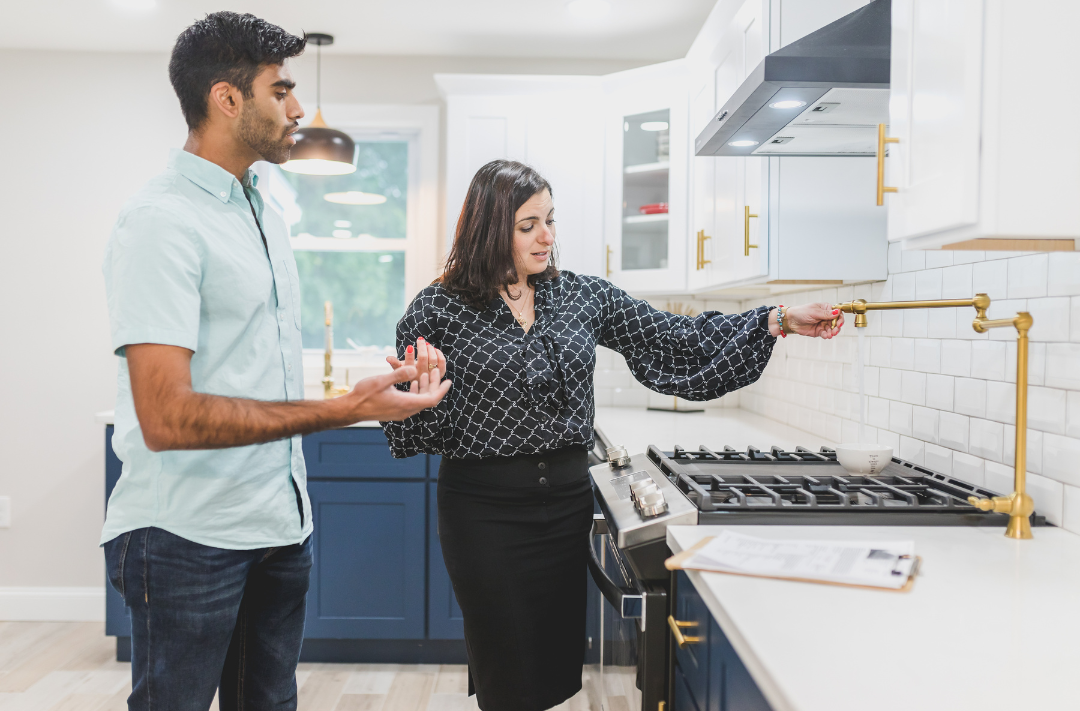
Install Low-Flow Fixtures
Water heating accounts for around 18% of your home's energy bills, so installing low-flow fixtures can be a great way to save money. Low-flow showerheads and faucets can reduce your water usage by up to 60%, translating into significant savings on your energy bills. Some low-flow fixtures also come with aerators, which can further reduce water usage without sacrificing water pressure.
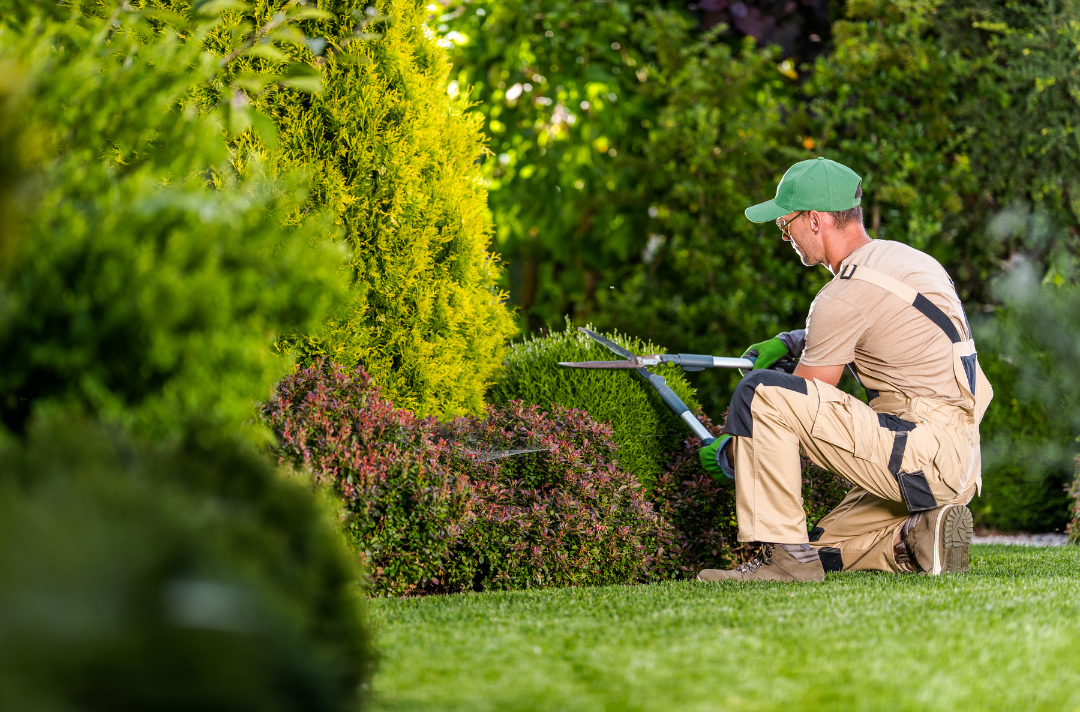
Plant Trees and Shrubs
Landscaping can play a significant role in your home's energy efficiency. By planting trees and shrubs around your home, you can provide shade in the summer and insulation in the winter. This can help reduce your home's energy usage and keep your home comfortable all year round. Just be sure to strategically plant your trees and shrubs so they don't block any solar panels or windows.
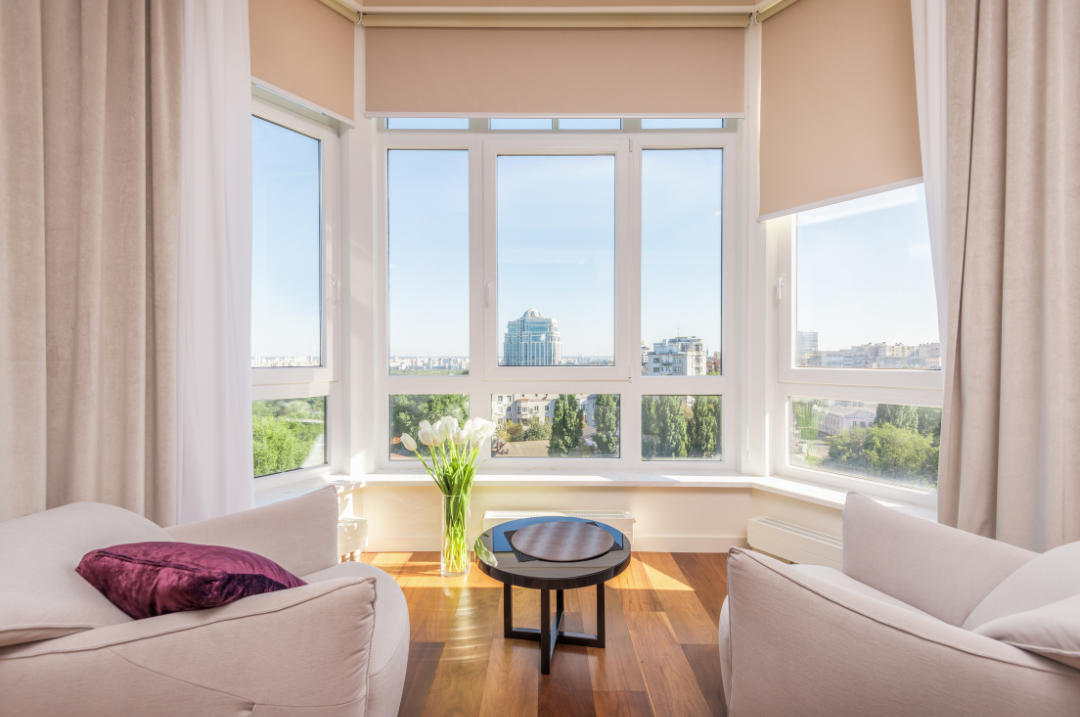
Use Natural Light
Natural light is not only good for your health, but it can also help reduce your energy bills. Using natural light instead of artificial light can save money and reduce your home's energy consumption. Some simple ways to increase natural light in your home include opening up your curtains and blinds, adding skylights, and installing light shelves.
Making your home more energy efficient doesn't have to break the bank. Following these simple tips, you can reduce your energy bills and increase your home's comfort without spending a fortune. So why not start saving money today by implementing energy-saving strategies in your home?
Posted by Infinity Admin on
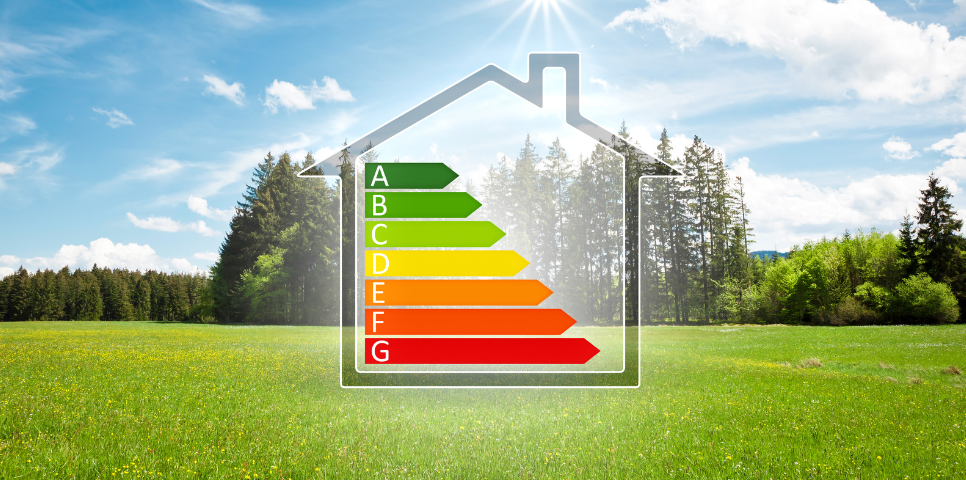

Leave A Comment